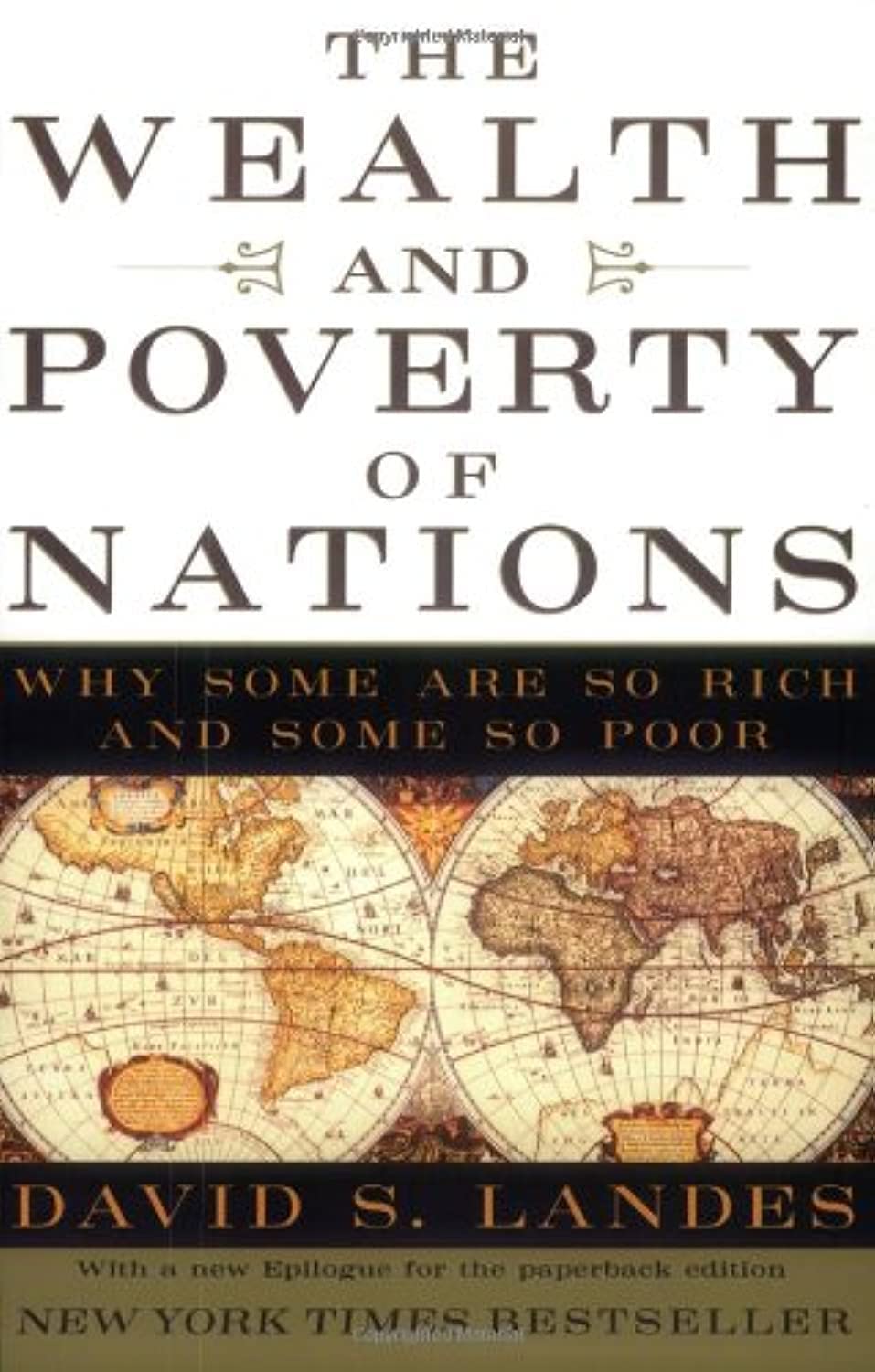

David Landes’ The Wealth and Poverty of Nations is a seminal work exploring economic disparities between countries. He provides a comprehensive analysis of why some nations thrive while others lag behind. As a renowned economic historian, Landes examines the factors contributing to economic success and failure.
He begins with a historical overview, tracing the economic trajectories of various nations and highlighting pivotal moments, such as the Industrial Revolution. He argues that understanding history is crucial to comprehending current economic conditions.
A central argument is the role of culture in economic development. Landes posits that attitudes toward work, innovation, and risk-taking significantly impact national prosperity. He challenges the idea that economic success is solely determined by geography or resources, illustrating how cultural factors propel some nations forward while hindering others.
Technological innovation is another key theme. Landes shows how nations that embraced advancements—such as Britain during the Industrial Revolution—gained a competitive edge. He underscores the need for fostering environments that encourage innovation to sustain economic growth.
The book meticulously examines a wide range of factors, from geography to politics, offering a holistic understanding of economic development. Landes’ engaging and accessible writing makes complex economic concepts understandable, enriched by anecdotes and historical examples.
While the book provides valuable insights into the interplay between culture and economics, some critics highlight its Eurocentric perspective, noting limited coverage of non-Western nations. This focus may reduce its applicability to a global audience.
Despite this limitation, The Wealth and Poverty of Nations remains a thought-provoking exploration of economic success and failure. Its thorough analysis and engaging narrative make it essential reading for those interested in economic history. As the global economy evolves, Landes’ insights into culture, technology, and economic development remain highly relevant.
Szabolcs Veres – the author is a researcher at the Eurasia Center
Publisher: W. W. Norton & Company
Publication date: 1999
ISBN: 978-0393318883
Pages: 658